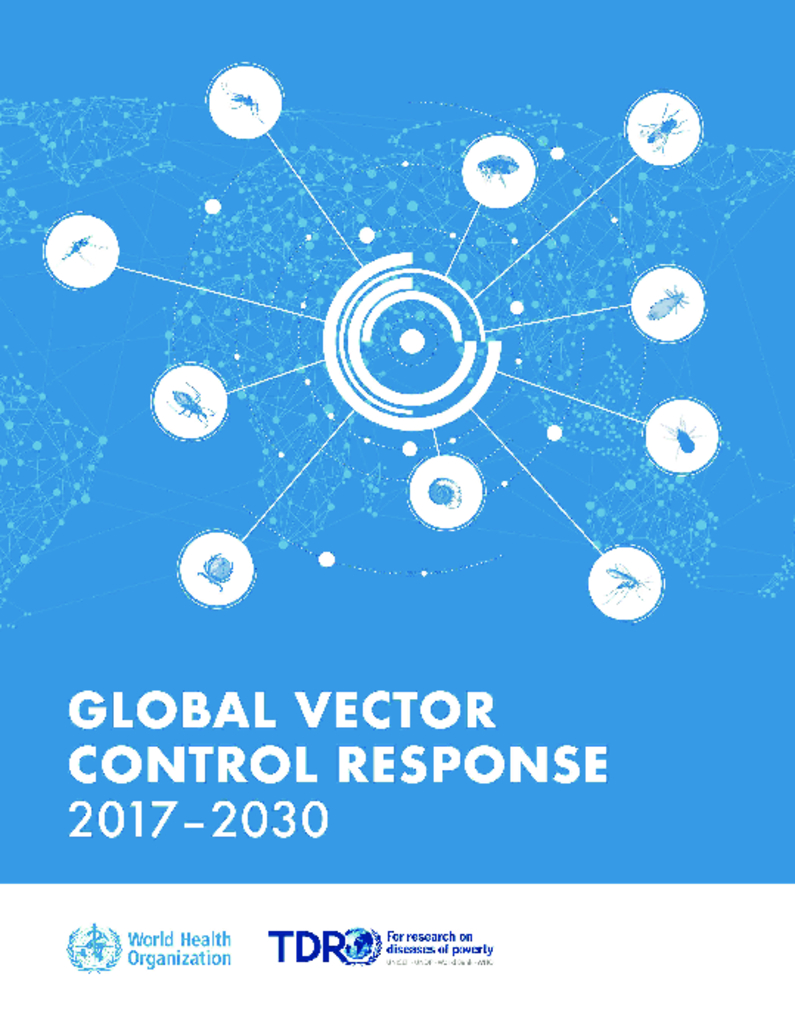Description
Vector-borne diseases pose a major threat to the health of societies around the world. They are caused by parasites, viruses and bacteria transmitted to humans by mosquitoes, sandflies, triatomine bugs, blackflies, ticks, tsetse flies, mites, snails and lice.1 The major global vector-borne diseases of humans include malaria, dengue, lymphatic filariasis,schistosomiasis, chikungunya, onchocerciasis, Chagas disease, leishmaniasis, Zika virus disease, yellow fever and Japanese encephalitis (Annex 1). Other vector-borne diseases, such as human African trypanosomiasis, Lyme disease, tick-borne encephalitis and West Nile fever, are of local importance in specific areas or populations.

